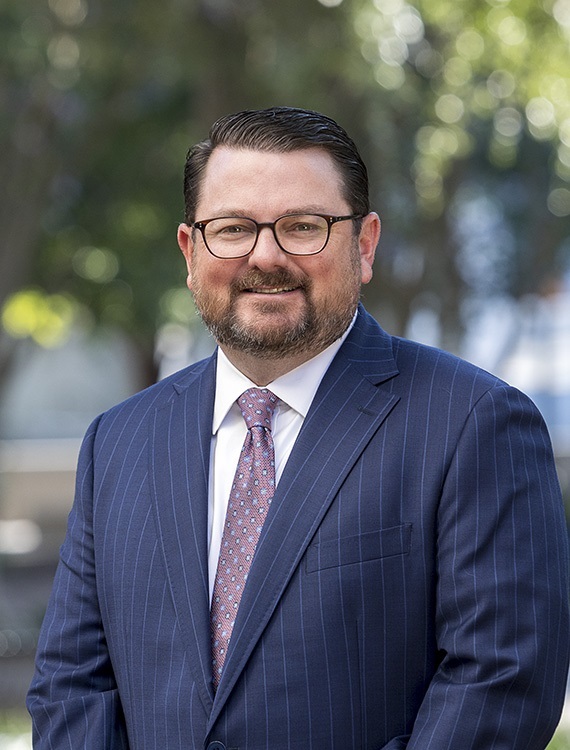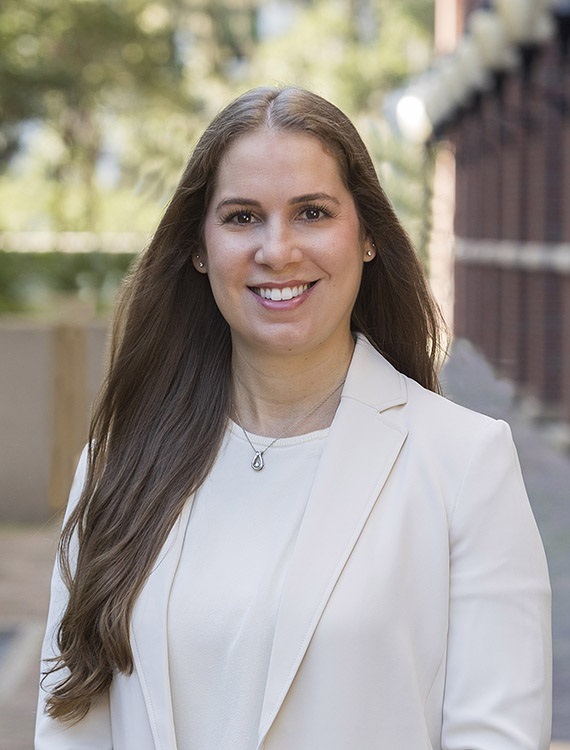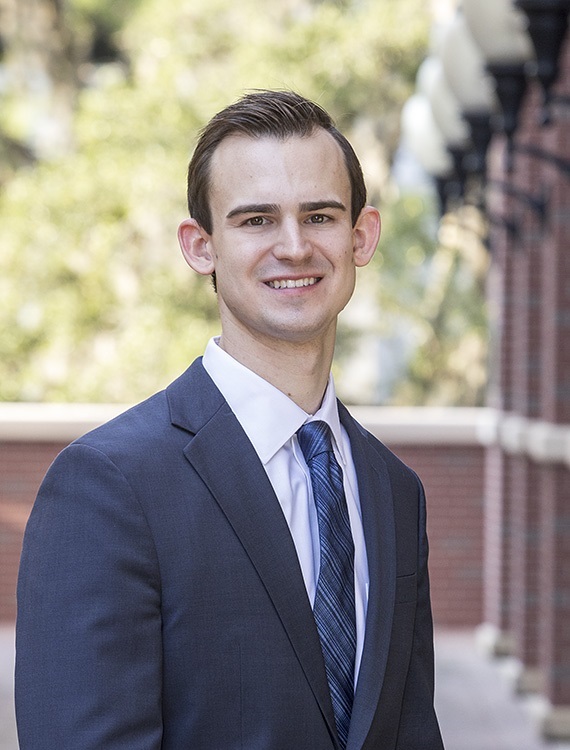State Farm may keep property insurance in Florida, commissioner says
BY PAUL OWERS
South Florida Sun Sentinel
State Farm, the largest private property insurer in Florida, may decide not to leave the state, Insurance Commissioner Kevin McCarty said Thursday.
”I don’t know that they’re going to stay,” McCarty said. “Part of it is a gut feeling.”
State Farm may be reluctant to give up on a market as big as Florida, McCarty said, and the insurer could find it ”very difficult” to maintain auto and other policies without offering property insurance.
McCarty’s optimism was not matched by the insurance company.
State Farm said in January it would exit the property-insurance business in Florida after regulators and an administrative law judge rejected its request to raise rates by up to 67 percent.
The insurer, which has 1.2 million Florida policies covering homes, condominiums, apartments, boats and businesses, had said it might reconsider its decision if Gov. Charlie Crist permitted a sharply contested property insurance bill to become law.
But Crist last month vetoed the bill that would have allowed about 40 of the largest property insurers to charge virtually any price for policies with hurricane coverage.
State Farm hopes for an override of the veto, McCarty said. That would require a special session of the legislature this year, which is considered unlikely.
State Farm spokeswoman Michal Connolly said the insurer still plans to leave the property-insurance business in Florida within two years.
"We really don’t have any other choice, with the financial picture we’re facing," Connolly said. The insurance company has said it will become financially insolvent in a few years if it doesn’t drop its property insurance policies in Florida.
Also in Thursday’s interview with the Sun Sentinel editorial board, McCarty said property-insurance companies in Florida will continue to cut policies and reduce their risk along the coast.
”There is a finite amount of appetite for Florida exposure, at any risk,” he said.
McCarty said there isn’t one solution to the problem, but he said a national catastrophe fund would help. The fund would pool money from states coast to coast to help cover property damage when a large natural disaster strikes.
When he vetoed the property-insurance bill, Crist said smaller insurers have brought a "significant amount" of new capital into the state and assumed more than 400,000 homeowner policies that formerly were in the state-subsidized Citizens Property Insurance Corp. pool.
Legislators fear that Citizens, which has more windstorm policies than any other insurer, is underfinanced and may not be strong enough to weather a major hurricane. On Wednesday, the Citizens board approved a 10 percent increase in premiums for roughly 1 million customers.












